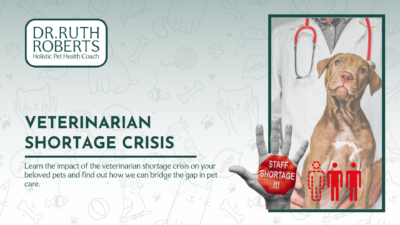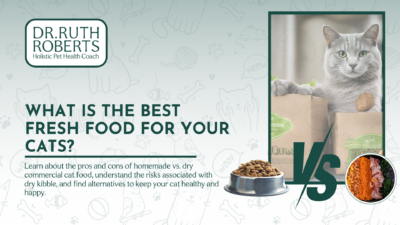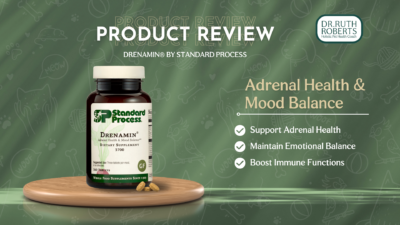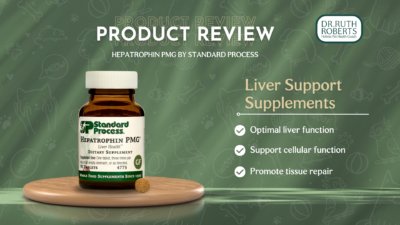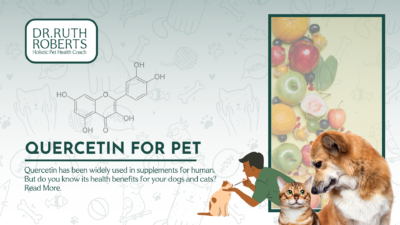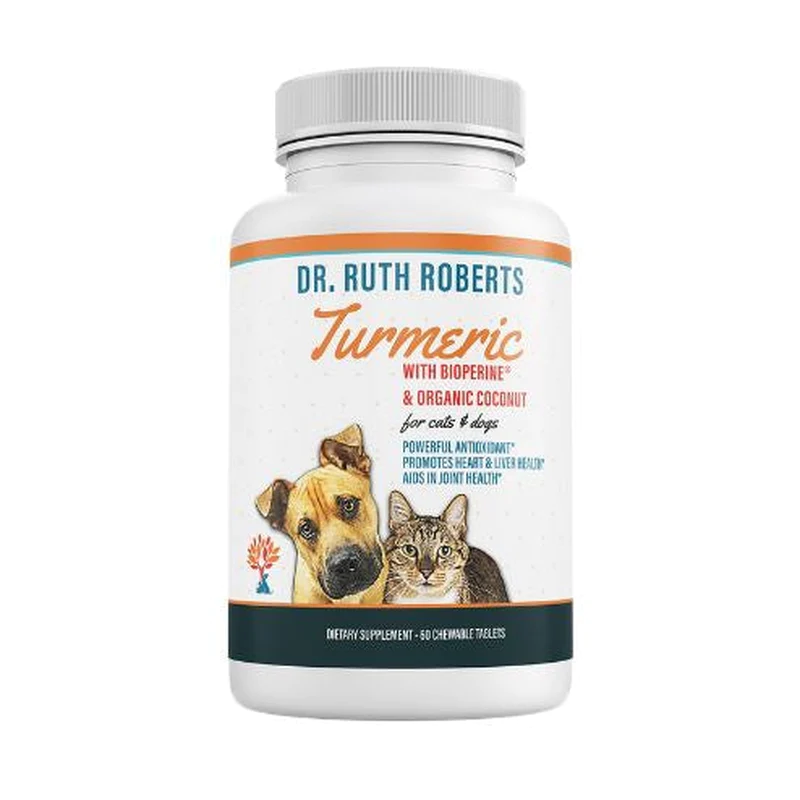The title of this article is meant to grab your attention, and I hope it does.
This is my honest veterinary advice: look at your dog’s poop.
While it may not be the most pleasant moment of your day, taking a mental note of your pup’s feces will help you check the status of her health.
NOTE: it might be hard not to giggle as you read this article, but what you’ll discover will help protect your pet from disease and alert you to any serious health concerns.
Here are a few characteristics to look out for:
I don’t expect you to have encyclopedic knowledge of your dog’s bowel movements; however, it will help ensure your dog is healthy to keep tabs on any deviations from his normal waste.
As you start your “poop journal,” take note of the following scenarios.

Your dog has large and foul-smelling poop.
While defecation is not necessarily pleasant, it shouldn’t make your eyes water or trigger a gag reflex.
An especially strong odor may indicate that your pup has not fully digested nutrients in her food.
Generally speaking, large and foul-smelling dog droppings are a byproduct of dry kibble you buy from most any retailer
s.
Other than potential pet food recalls, the issue with bagged food is that kibble does not include the vitamins and nutrients your dog needs for optimal health.
Your dog has dark-colored, runny poop.
Diarrhea is a somewhat normal occurrence, every once in awhile, but weekly is not normal.
If your dog’s leavings are tarry and overly dark, it is cause for immediate concern. Chronically loose stool is a sign of inadequate digestion, or reactions to what your pet is eating .
Think of it this way: if a human being were to consume Twinkies for every meal, he or she would suffer from serious gastrointestinal issues. Much of the bagged dog food, especially the discount brands, equate to junk food.
In addition, dark-colored bowel movements suggest intestinal bleeding, so if this is an all-too-common occurrence, seek veterinary care.
Your dog’s poop has white specks in it.
If you notice white specks, these might be parasites.
The troubling part is that parasites develop for a while before becoming visible to the human eye. If you notice these white specks, get your dog to a veterinarian.
However, the best course of action is to get proactive with your dog’s health. That means getting rid of parasites before you can see them.
Before you go in for a routine veterinary appointment, have a little bag of your dog’s feces with you. (Again, this might not be your favorite part of the day.) The lab will be able to run tests.
What causes these doo-doo troubles?
While this blog is slightly light in tone, the subject matter is serious.
Your dog’s bowel movements are a measuring stick for the animal’s overall health and wellbeing.
If you take note of an abrupt change, or your dog has frequently runny or discolored feces, his diet is the most likely culprit. With bagged foods, your dog won’t receive the nutrients they need.
Click here to find out what you can do.


